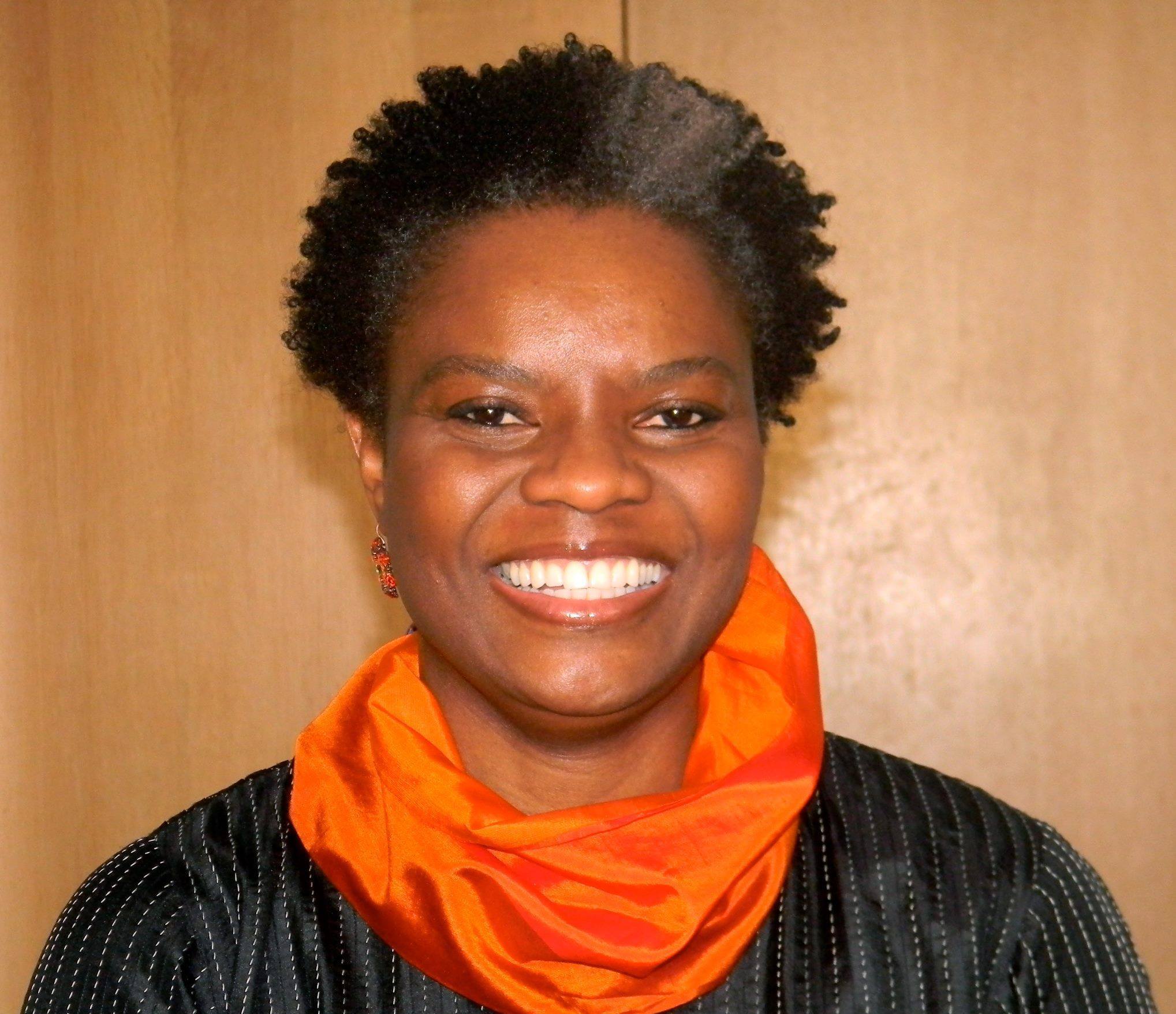Kapuscinski Development Lecture by Professor Alcinda Honwana
The UNDP and European Commission present: Kapuscinski Development Lecture at Maastricht University.
On January 26th, the UM Faculty of Arts and Social Sciences will host the Kapuscinski Development Lecture. The lecture ‘Youth in Movement: Waithood, Migration and the Peripheries’ at FASoS will be given by Professor Alcinda Honwana, Inter-Regional Adviser on social development policy at the United Nations Department of Social and Economic Affairs and visiting professor of Anthropology and International Development at the Open University in the UK. Dr. Honwana has carried out extensive research on political conflict and politics of culture; on the impact of war on children and youth; as well as on youth politics, social movements and political protest.
In the Kapuscinski lecture series top global thinkers discuss development in the European Union countries. The series, named for Ryszard Kapuscinski, a Polish reporter and writer who covered developing countries, is organized jointly by the European Commission, the United Nations Development Programme and partner universities and development think-tanks. 100 lectures gathered since 2009 more than 30,000 participants.
Waithood
The theme of Alcinda Honwana’s lecture is waithood: “The world has never been so young, with about 1.8 billion between the ages of 10 and 24, the majority of whom live in developing countries. But young people’s transitions to adulthood have become increasingly uncertain. In Africa, but also in Europe and across the globe a growing number of young women and men, both educated and non-educated, find themselves unemployed or underemployed, and have to improvise livelihoods outside of dominant economic frameworks. I refer to this difficult transition into adulthood as waithood - a liminal space in which young people are neither dependent children nor fully autonomous adults. Youth are responding to the pressures of waithood in multiple ways, and migration, internal and international, is one such response. Young people in waithood are living in the periphery of major socio-economic processes, and they no longer trust the ability of their leaders to deliver on their needs and expectations.”
About the speaker
Professor Alcinda Honwana is Inter-Regional Adviser on social development policy at the United Nations Department of Social and Economic Affairs. She is also a visiting professor of Anthropology and International Development at the Open University in the UK, where she held the Chair in International Development and directed the International Development Center from 2005-2010. Honwana was also a Program Director at the Social Science Research Council in New York, and taught anthropology at the New School of Social Research in New York and at the University of Cape Town. She has carried out extensive research on political conflict and politics of culture; on the impact of war on children and youth; as well as on youth politics, social movements and political protest. Her books include: Youth and Revolution in Tunisia (2013); The Time of Youth: Work, Social Change and Politics in Africa (2012); Child Soldiers in Africa (2006); Living Spirits, Modern Traditions: Spirit Possession and Post-War Healing in Southern Mozambique (2003); and a co-edited volume Makers & Breakers: Children and Youth in Postcolonial Africa (2005). Professor Honwana is currently the Chair of the International African Institute (IAI) and an Editor of the African Arguments Book Series with Zed Books.
Kapuscinski lectures
The Kapuscinski lecture series offers students from the European Union member states an unprecedented opportunity to learn and discuss about development issues such as climate change, human rights, aid effectiveness, Europe-Africa relations, Sustainable Development Goals among other. The high-level events contribute to the debate and formulation of the European development policy. The lectures are livestreamed at and shared on the website of Kapuscinski Lectures.
Also read
-
05 Aug16:00 - 17:00
Faculty of Health, Medicine and Life Sciences | Campus tour for prospective bachelor's and master's students
We offer the possibility of a guided campus tour. One of our students is happy to take the time and guide you around the campus, answering all the questions you might have.
-
20 Aug19:00
